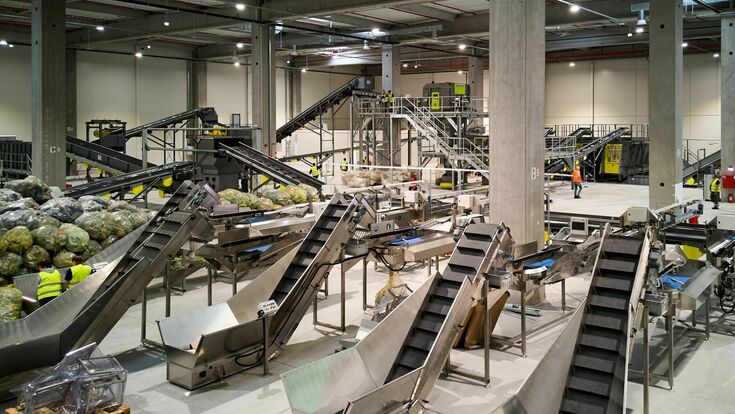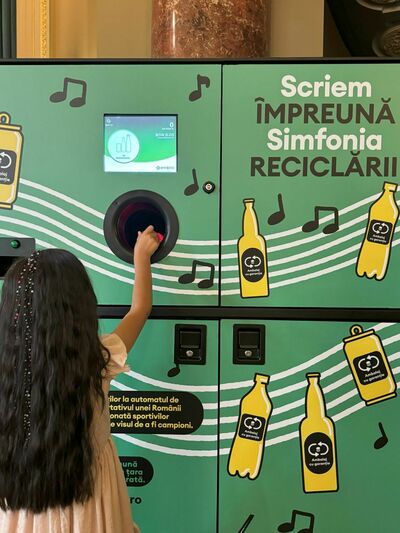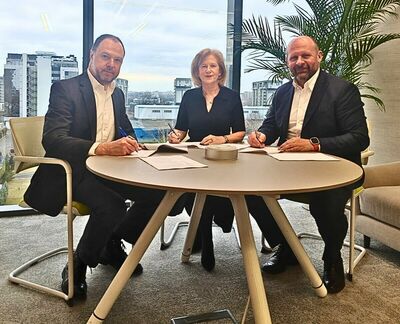DRS : Romania’s Deposit Return Scheme: A game changer for sustainability

Over the past 14 months, Romania has undergone an impressive transformation, embracing a cleaner environment, a growing culture of recycling, and a deeper commitment to sustainability. The country’s Deposit Return Scheme (DRS), launched in November 2023, has surpassed expectations, proving to be a powerful driver of ecological responsibility and circular economy principles.
A nation embraces recycling
The numbers tell a compelling story. Awareness of the scheme is nearly universal, with 98% of Romanians familiar with the system, and 90% having returned packaging at least once. More significantly, six out of ten people actively participate in the initiative. In just one year, the DRS has:
- Collected more than 3.5 billion beverage containers
- Diverted over 230,000 tonnes of materials from landfills into recycling streams
- Established seven dedicated counting and sorting centers
- Created over 800 green jobs, supporting economic stability in communities
- Achieved an impressive 84% return rate by October 2024
This effort is not just about environmental benefits; it’s reshaping Romania’s economic and social landscape. Romania also stands out in its extensive network of return points. If all beverage sellers were incorporated into the system, the country would have the highest density of collection points in Europe, with one for every 220 inhabitants—far exceeding the 1,000–3,000 per point seen in other nations with long-established return systems.

The tech powering a recycling revolution
A crucial element of the DRS’s success is the sophisticated IT infrastructure that keeps the entire operation running smoothly. Developed by Sensoneo, the technology ensures efficiency, transparency, and real-time coordination across the vast network of stakeholders, from retailers to recyclers.
Martin Basila, CEO of Sensoneo, highlights the magnitude of the project: “Romania’s DRS is the most extensive system in the world, with up to 90,000 stakeholders. The trust placed in us by RetuRO to develop and manage this IT infrastructure is something we deeply value.”
For RetuRO SGR, the organization responsible for managing the scheme, the partnership with Sensoneo has been instrumental. CEO Gemma Webb emphasizes the importance of collaboration: “Implementing the world’s largest integrated deposit return system has reinforced the power of strong partnerships. Sensoneo’s platform has enabled us to maintain transparency, accuracy, and efficiency on an unprecedented scale. As we continue refining operations, our goal is to set a new global benchmark for sustainability.”

A model for Europe’s future
With consumers, retailers, producers, and industry leaders aligned, Romania’s DRS is proving to be more than just an environmental initiative—it’s a roadmap for the future of sustainable waste management. As the system continues to evolve, its success offers valuable insights for other nations seeking to implement or enhance their own circular economy models.
Romania’s commitment to recycling is not just setting a national precedent—it is positioning the country as a leader in sustainability across Europe. The lessons learned here may soon inspire other countries to follow suit, making deposit return schemes an essential part of the global fight against waste.

